Last Updated on July 22, 2023
Hey there, aspiring journalers! Welcome to Journaling 101.
Are you ready to embark on a journey of self-discovery, but the thought of putting pen to paper feels a bit daunting? Don’t worry; you’re not alone! We’ve all been there, hesitating at the edge of the blank page, wondering where to begin. Journaling might seem like an intimidating adventure, but trust me, it’s a ride worth taking!
Now, let’s address those buzzing questions in your head. What is journaling, anyway? Why should you even bother with it? How do you get started, and what do you do when you hit a roadblock? Don’t fret – I’ve got your back!
In this “Journaling 101” guide, I’m diving straight into the heart of the matter to tackle the FAQs every beginner asks. Consider me your trusty companion, guiding you through this enriching experience. So, let’s shed some light on the power of journaling and help you unlock its full potential!
Are you ready to unleash the writer within and witness the magic that journaling can bring to your life? Let’s dive in together and find out how you can create a meaningful and fulfilling journaling practice. Say goodbye to uncertainties and hello to personal growth and clarity – let’s make journaling a transformative part of your everyday life! So, grab your favorite pen, find a cozy nook, and let’s get started on this rewarding journey!
Ready? Let’s journal!
What is Journaling?
Alright, let’s start at the beginning – what exactly is journaling? Journaling is like having a private conversation with yourself, but in written form. It’s a powerful tool for self-expression, reflection, and growth. Your journal can take many forms, from a simple notebook to a digital diary – it’s all about what suits you best.
Why Journaling Matters
You might wonder, “Why should I bother with journaling in the first place?” Well, let me tell you, journaling matters – and it matters a lot! It’s not just about jotting down thoughts; it’s about gaining insights into your own mind, emotions, and experiences. Journaling has a profound impact on your mental well-being, reducing stress, and boosting emotional intelligence.
Overcoming Journaling Insecurities
Now, I get it – starting anything new can be nerve-wracking, and journaling is no exception. But don’t let insecurities hold you back! You might worry that you’re not a good writer or that you’ll run out of things to say. Let me reassure you that there are no rules here, and your journal is a judgment-free zone. Embrace imperfection, and remember, it’s about the process, not the end result.
Journaling 101: Common FAQs About Journaling You Need to Know
What is the difference between journaling and a diary?
Journaling offers more than just documenting events. It involves self-reflection, exploring emotions, and personal growth. While a diary records daily happenings, journaling delves deeper into your thoughts and experiences.
Why is journaling good for you?
Journaling is a powerful tool for self-expression and self-awareness. It helps you process emotions, gain insights into your thoughts, and discover patterns in your behavior. Regular journaling fosters mental clarity, emotional well-being, and a deeper understanding of yourself.
What is the purpose of journaling?
The purpose of journaling is multifaceted. It serves as a therapeutic outlet to release emotions, a means to track personal growth, and a repository of valuable memories. Additionally, journaling encourages creativity and enhances problem-solving skills.
How does journaling help in personal growth?
Journaling acts as a mirror to your inner world, enabling you to identify strengths, weaknesses, and areas for improvement. Through self-reflection, you can set meaningful goals, overcome challenges, and foster personal development.
What does journaling help with in terms of mental well-being?
Journaling is a proven stress-reliever. It helps you process overwhelming emotions, reduce anxiety, and gain perspective on life’s challenges. Moreover, journaling promotes mindfulness, self-compassion, and an overall sense of emotional balance.
How can I practice journaling effectively?
To journal effectively, create a comfortable space free from distractions. Write honestly and without judgment. Experiment with different journaling techniques, such as gratitude journaling or stream-of-consciousness writing, to find what resonates with you best.
Does journaling help with anxiety?
Absolutely! Journaling is a fantastic tool to manage anxiety. Expressing your worries on paper helps release their hold on your mind. Through journaling, you can identify triggers, challenge negative thoughts, and develop coping strategies.
What is the best way to approach journaling?
The best approach is the one that feels natural to you. There are no strict rules! Be consistent, but don’t pressure yourself to write every day. Trust your instincts and use journaling as a means to explore your thoughts and feelings authentically.
How do I begin my journaling journey?
Begin by setting aside a few minutes each day to write freely. Start with simple prompts like, “How do I feel today?” or “What am I grateful for?” Let your thoughts flow without judgment. Remember, this is your personal space for growth and self-discovery. Happy journaling!
What should I write in my journal?
Write anything that comes to mind! Express your thoughts, emotions, experiences, dreams, and goals. Use your journal as a safe space to explore your inner world without fear of judgment.
How often should I journal?
The frequency of journaling is entirely up to you. It could be daily, a few times a week, or whenever you feel the need to write. Consistency is helpful, but don’t pressure yourself to adhere to a strict schedule.
How can journaling help with self-discovery?
Journaling allows you to delve into your subconscious and examine your beliefs, values, and desires. By writing regularly, you’ll gain a deeper understanding of yourself, leading to personal growth and self-awareness.
What should I do with my journal entries?
Your journal is your personal space, and what you do with your entries is entirely your choice. You may keep them private, revisit and reflect on them, or use them as a source of inspiration for creative projects.
What are the basics of journaling?
The basics of journaling involve writing freely, being honest with yourself, and finding a method that resonates with you. Use prompts, explore your emotions, and embrace the process without judgment.
Can journaling stop overthinking?
Absolutely! Journaling helps declutter your mind by transferring thoughts onto paper. This process allows you to examine and process your thoughts objectively, reducing the cycle of overthinking.
Does journaling help with trauma?
Journaling can be a valuable tool for processing trauma. It provides a safe outlet to express emotions, gain perspective, and work through difficult experiences. However, professional support may also be necessary for severe trauma.
Why does journaling feel awkward?
Feeling awkward while journaling is normal, especially in the beginning. It’s a new experience, and self-expression can be intimidating. Embrace the discomfort; it often fades as you become more familiar with the process.
Why do people not like journaling?
Some people may feel intimidated by the idea of writing, worry about privacy, or fear confronting their emotions. However, once they find a style that suits them, the benefits of journaling often outweigh these concerns.
Is journaling a form of healing?
Yes, journaling can be a powerful form of healing. It allows you to process emotions, gain clarity, and work through challenging experiences, fostering personal growth and well-being.
Am I too old to start journaling?
No, you’re never too old to start journaling! It’s a practice that benefits people of all ages, and you can begin at any stage of life to enjoy its therapeutic rewards.
What time of day is best for journaling?
The best time to journal varies for each person. Some prefer mornings to set intentions for the day, while others find evenings ideal for reflection. Choose a time that fits your schedule and feels most natural to you.
Journaling 101: Final Thoughts
In a nutshell, journaling is an empowering journey of self-discovery. So embrace it as your sanctuary for self-expression and reflection! Your journal will be your faithful companion, guiding you through life’s ups and downs and providing a safe space to explore your innermost thoughts and feelings.
As you embark on this rewarding journey, remember the profound impact journaling can have on your personal growth. Let your journal be a testament to your growth, dreams, and aspirations. So, grab that pen, open your heart, and let the magic of journaling unfold as you set forth on this beautiful path of self-discovery. Happy journaling!

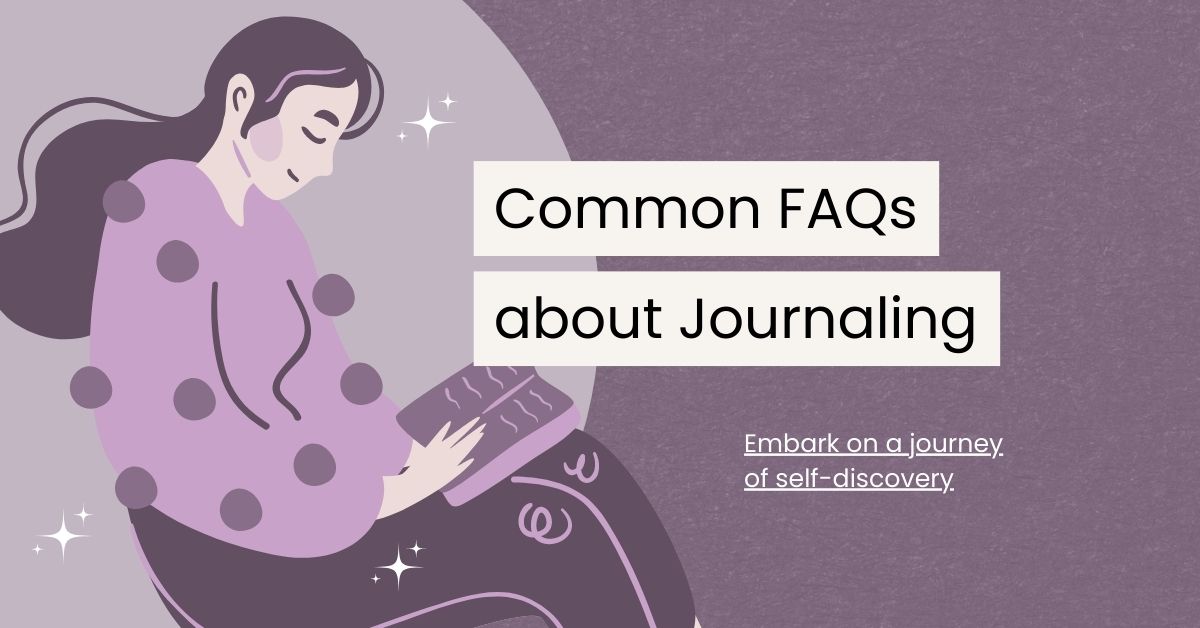
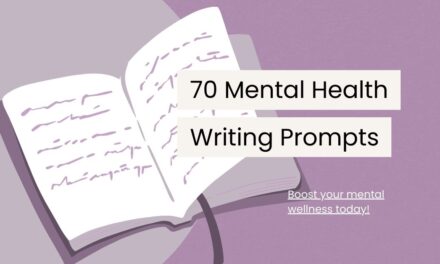
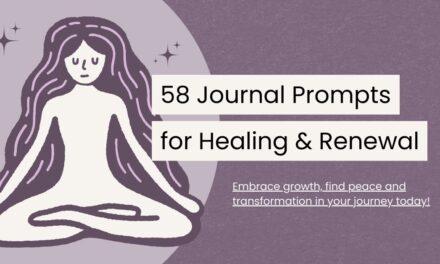
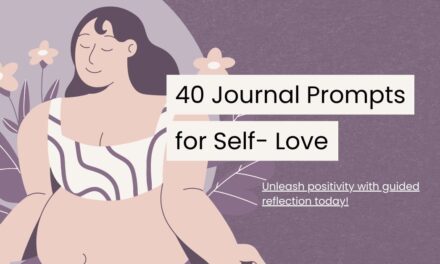

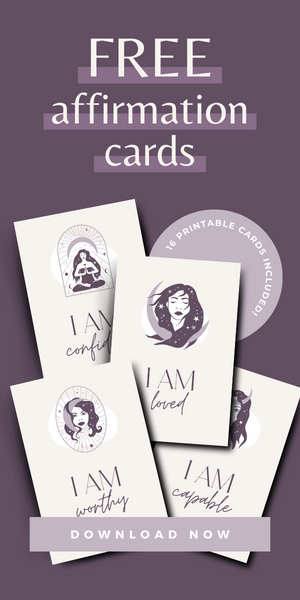
Trackbacks/Pingbacks